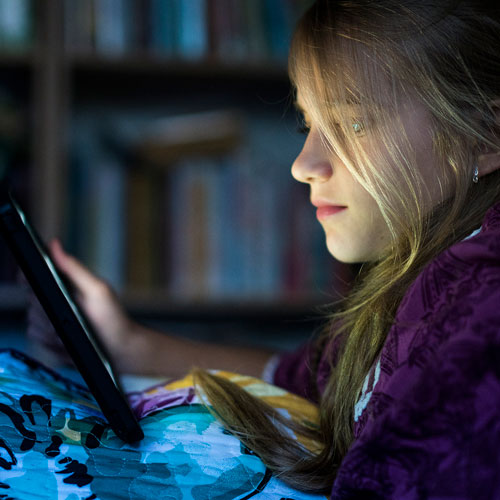International Day of the Girl Child is commemorated each year on 11 October, to recognise girls` rights and the unique challenges girls face around the world.
Child marriage is common in many developing countries as poverty is a major contributing factor. Girls from low-income families who lack access to education are more than twice as likely to be forced into early marriages.
According to the International Center for Research on Women, if present child marriage trends continue, more than 142 million girls worldwide will be forced to marry adult men during the next decade, the equivalent of 38,000 girls every day.
Recently, we brought you the story of 15-year-old Ramatoulaye from The Gambia who stood up against the prospect of her own early marriage and is now educating other girls her age. She says: “My advice for other girls is that education is the key to success in life, and they should focus on their education.”
Today, on International Day of the Girl Child, we would like to introduce you to 15-year-old Durgesh (pictured above) from India. Durgesh lives in Uttar Pradesh`s Firozabad district and is sponsored through ChildFund.
In India, ChildFund supports more than 700 youth clubs for boys and girls around the country. Female youth clubs, also known as Kishori Samuha, have proven to be especially successful in creating an informed and confident new generation of young Indian women.
Durgesh is one of these young women. She is the leader of her local female youth club and was the driving force behind a campaign against child marriage, which has been a long-standing tradition in her community.
“Initially, it was very difficult for us to convince parents to say no to child marriage, which has been going on in our community since ages,” says Durgesh, who is in year 10 at school. “But with the support and guidance from ChildFund India program staff, we continued our campaign for months.”
Her campaign has brought the number of child marriages to almost zero in her community and just like Ramatoulaye, Durgesh is now an inspiration to other young women in her area.
“We finally succeeded,” she says. “Parents are now not in favour of getting their young daughters married. Rather, they are sending them to school.”








